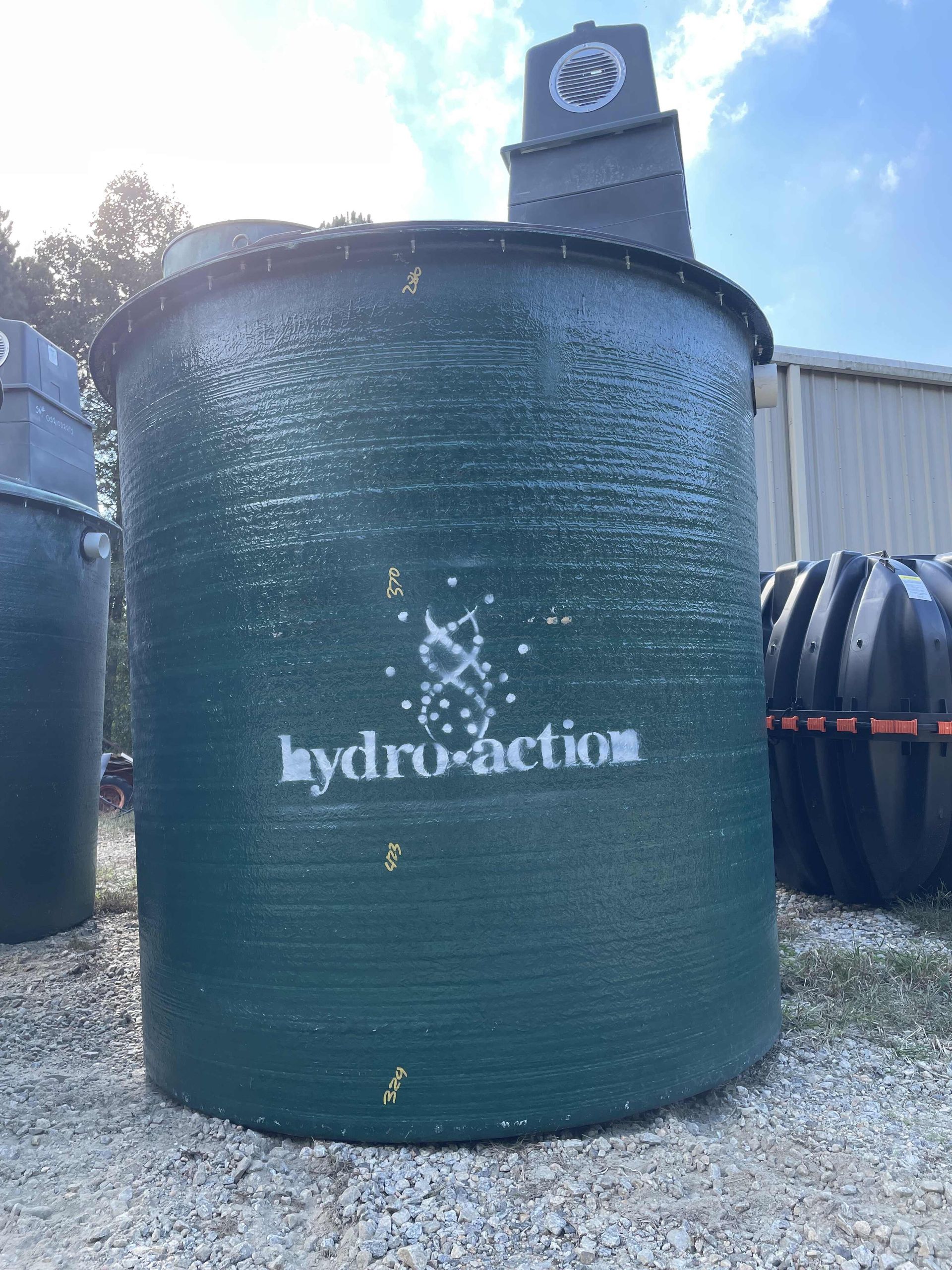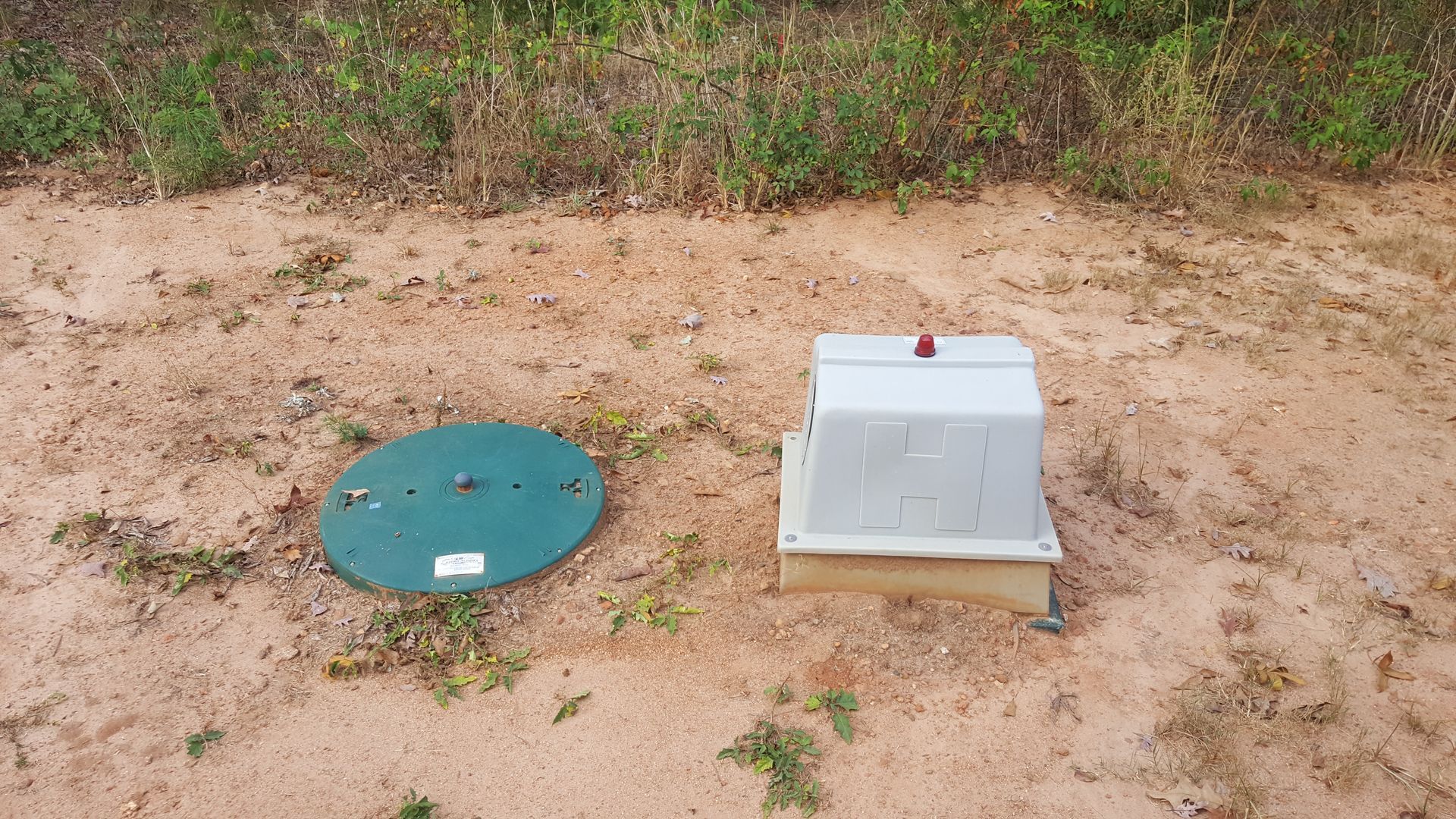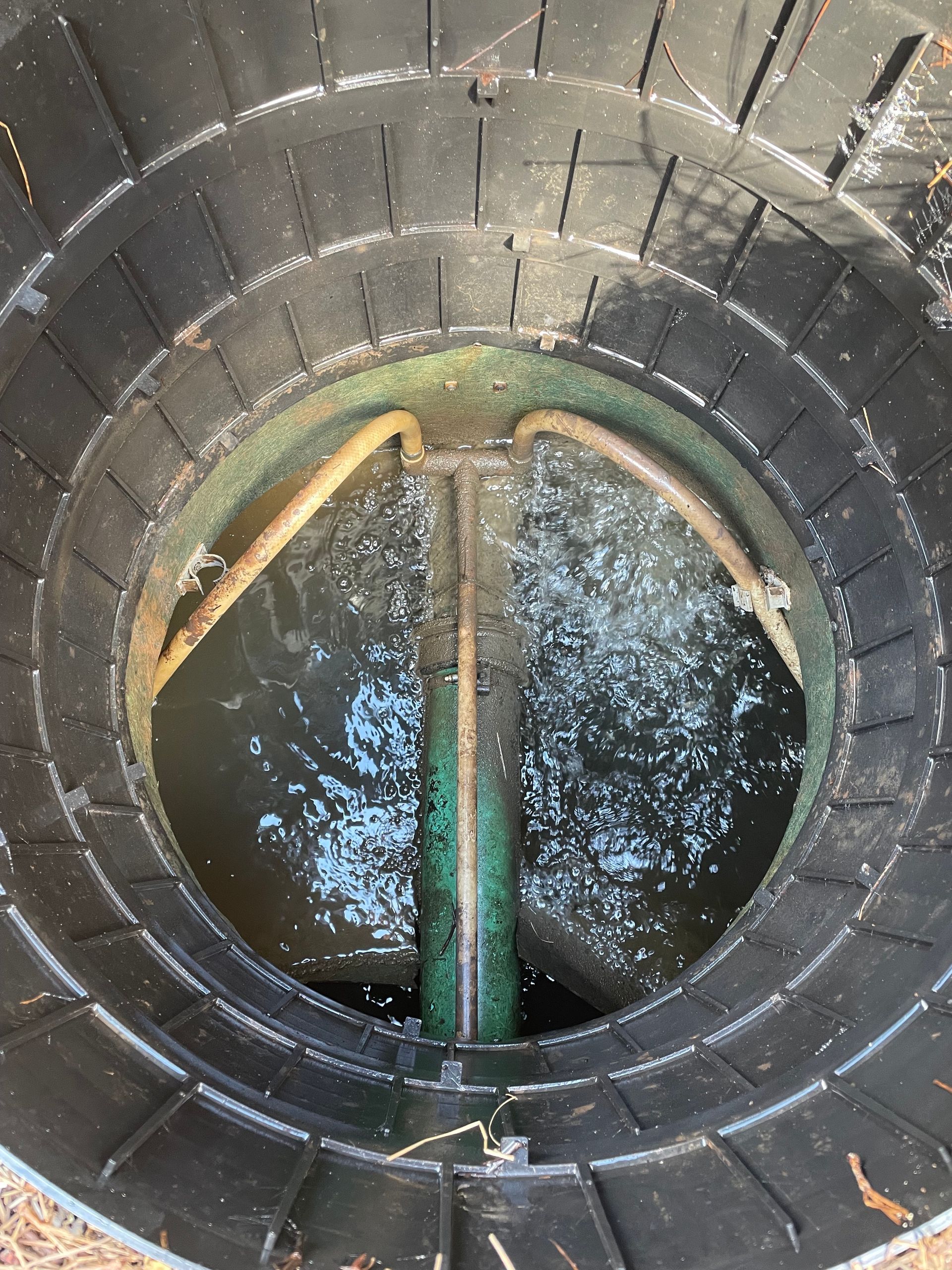Get in touch
404-788-3474
asmseptic@gmail.com
Email Us on: asmseptic@gmail.com
Call or Text: 404-788-3474
What Homeowners Need to Know about Septic Systems Inspection
Septic Systems are integral parts of many rural and some suburban homes and have a crucial role in managing wastewater from the house. One of the most important aspects of maintaining a functioning septic system is to have regular septic system inspections.
Read on to learn about the process of having a septic system inspection. We'll also cover some of the preparations needed.
What to Expect during a Septic Inspection?
During a septic inspection, a trained professional will examine all aspects of the system, from the pipes to the tank and the leaching field.
A. Types of Inspections
1. Visual Inspection
This is a basic overview of the entire system. A septic inspector will look for any signs of damage or wear and tear and check for blockages. They may also check to ensure all components are correctly connected and functioning.
2. Dye Test
This is a type of inspection that uses a tracer dye to identify leaks or other problems within the septic system. The dye will flow through the pipes and into the septic tank. Once it’s in the tank, the inspector can see areas where the dye has escaped, indicating a problem with the system.
3. Percolation Test
This test is performed by running water into the soil of a septic field for a specified amount of time and measuring how quickly it is absorbed into the ground. It helps to determine if the soil is too wet, too dry, or just suitable for effluent absorption.
B. What the Inspector Looks For
The inspector will first assess the condition of the septic tanks and pipes. They will evaluate them for signs of leaks, blockages, or damage. They may also take samples from the tank to check for any contaminants or conditions that could lead to future problems.
They will also inspect any ancillary components, such as pumps or filters. They will evaluate these components for functionality and performance and may have to disassemble them if necessary.
After completing their evaluation of the tank and associated components, the inspector may require additional information about the system's use. It could include talking with home occupants or asking questions about how often wastewater is disposed of and what types of materials are being flushed down the drains.
C. How Long the Inspection Takes
A septic inspection typically takes between one and three hours, depending on the size of the system and any special requirements. After completing the assessment, the inspector will provide a report outlining their findings. The information should include recommendations for repairs or maintenance to keep your septic system functioning properly.
How to Prepare for a Septic Inspection?
Preparing for a septic inspection can be a daunting task. However, a successful assessment is critical to keeping your septic tank functioning correctly and avoiding costly repairs and replacement.
1. All Access Points to the Septic Tank Are Accessible
Make sure that any vegetation, debris, or heavy objects (like vehicles) are cleared from the area to allow easy access for the inspector.
2. Check Your System Records
It is necessary to update any recent maintenance or repair work and any known problems with the system. Have this information available during the inspection.
3. Review Septic System Maintenance and Inspection Regulations
Property owners must be familiar with local regulations governing the operation, maintenance, and inspection of their septic systems.
Conclusion
Septic inspections are a vital process to ensure clean surroundings and safety. Not only can it help to identify potential problems such as blockages or overflows, but it can also detect any potential health hazards that may be present in the system.
The importance of regular inspections can’t be understated, as having a healthy and well-maintained septic system is crucial for keeping your environment safe and healthy for everyone.
Do you need
aerobic septic system maintenance? Check out Alternative Septic Management Inc.! The provision of services, with a particular focus on aerobic treatment units, is one of our primary areas of concentration (ATUs). An experienced
professional in hydro-action will inspect your storage tanks and draining systems to ensure that each component functions appropriately and complies with waste management standards. Contact us today!
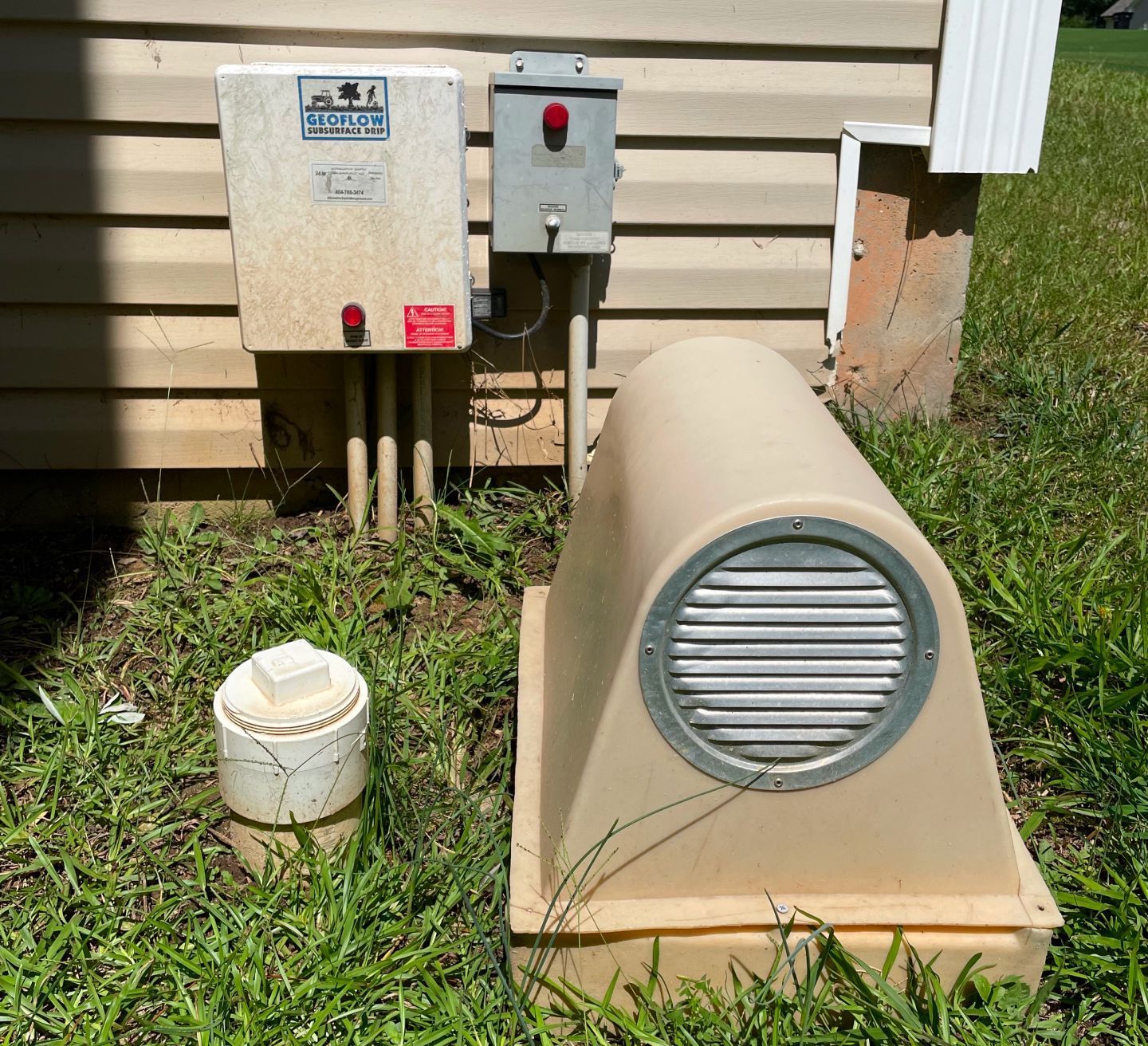
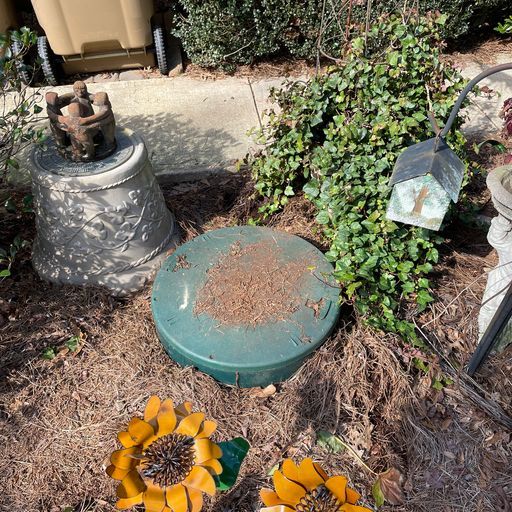
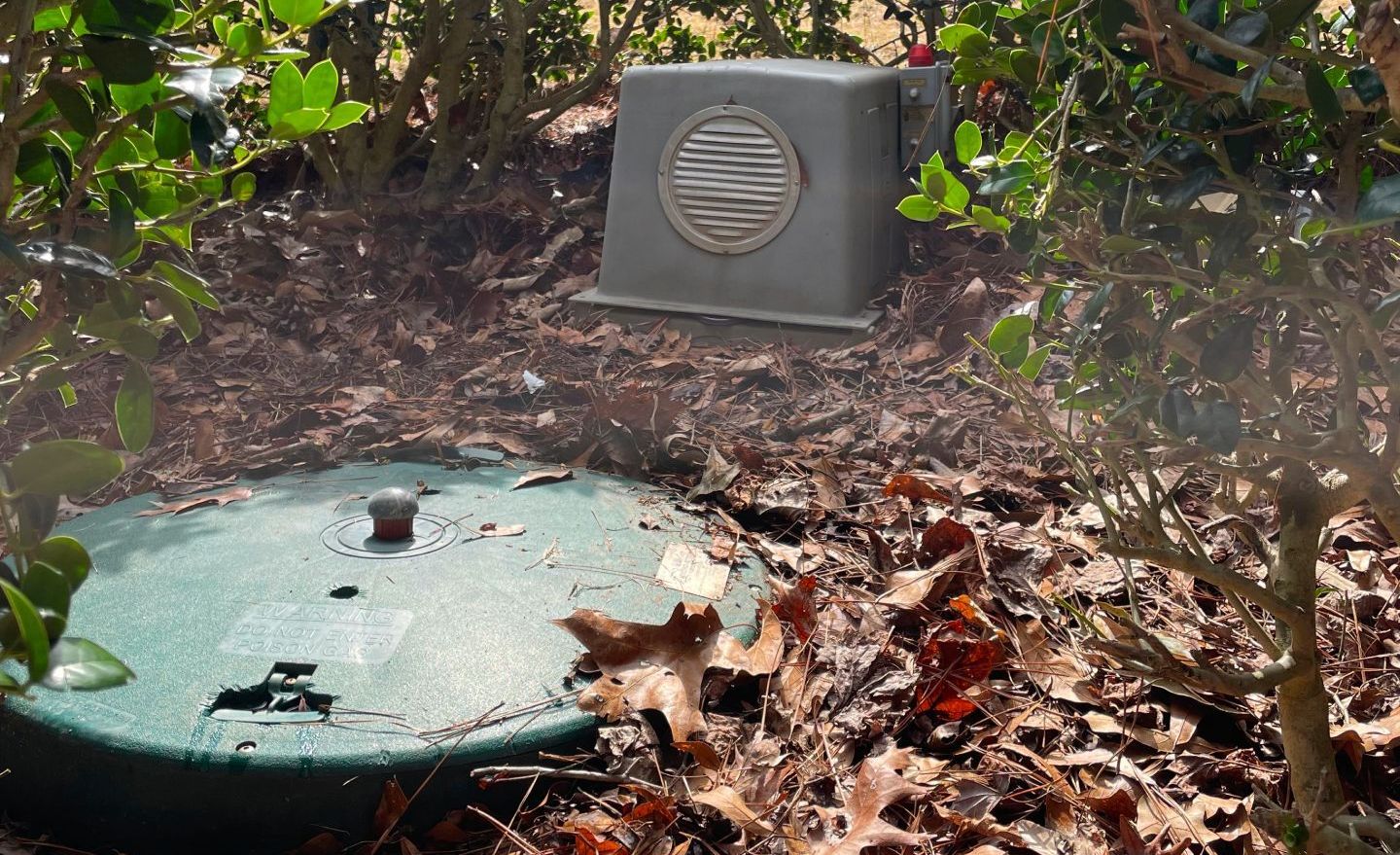
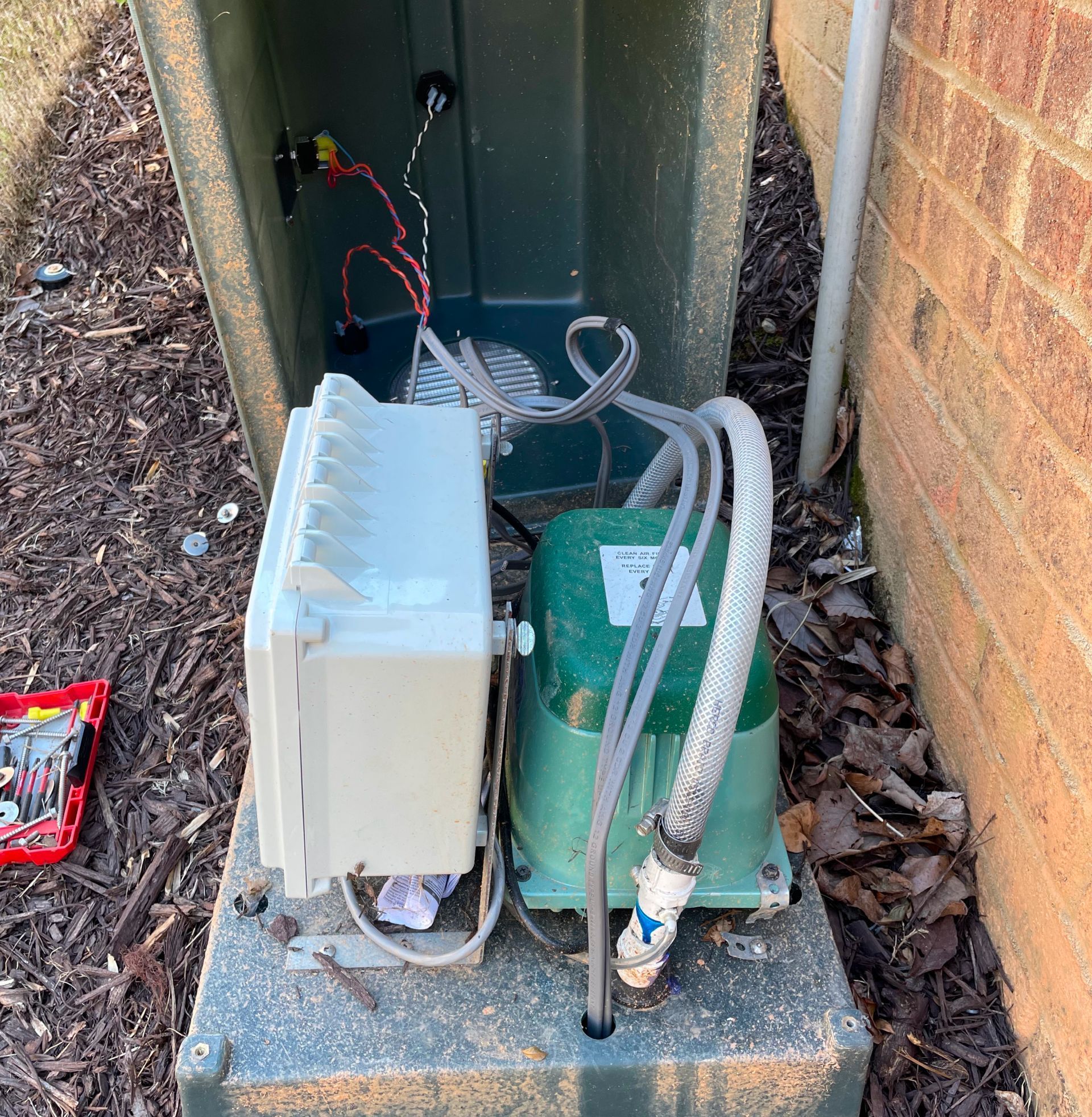

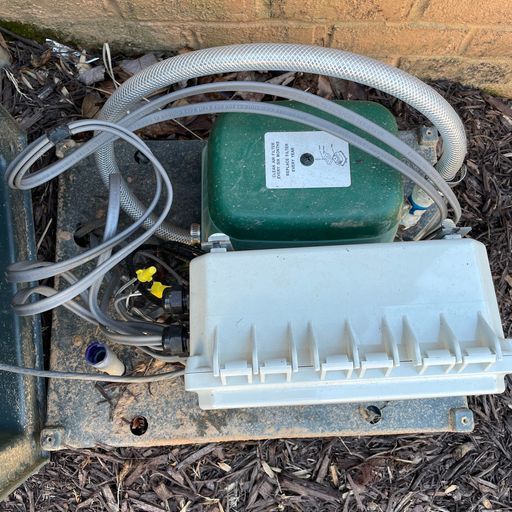
Alternative Septic Services For Residential And Commercial Systems Requiring Alternative Septic Systems.
Quick Links
Our Services
Septic Installation
Septic Repair
Septic Inspection
Air Compressor Maintenance
Pump Maintenance
Get In Touch
Mobile: 404-788-3474
Email: asmseptic@gmail.com
Address: 3295 Fannie Thompson Rd. Monroe GA 30656
Copyright 2025 © All Rights Reserved. Alternative Septic Management, Inc.

